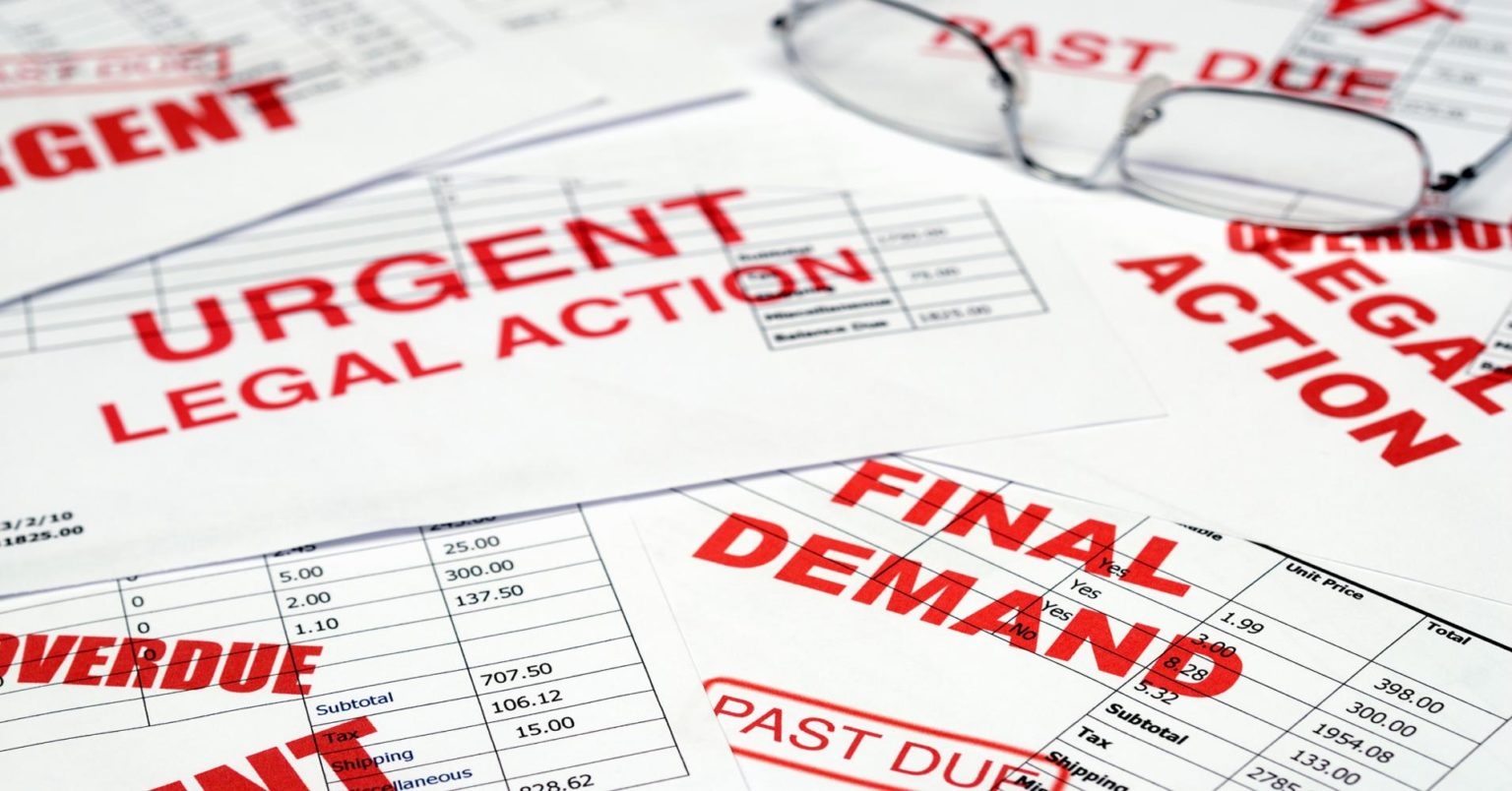Nearly 15% of all Americans show at least one item in collection on their credit report, and the average amount of debt in collection is $1,400. Debt collection is a $12.2 billion industry in the United States. Banks and other creditors may collect their own debt, and they can also sell off debt to third parties, which can also choose to collect the debt or sell it off. As a result, it is not surprising that debt collectors sometimes engage in practices that intimidate and harm consumers.
Many debt collection companies play by the rules and treat consumers fairly, but those that don’t can wreak havoc on your finances. Under the Dodd-Frank Wall Street Reform and Consumer Protection Act, all covered persons or service providers are legally required to refrain from committing unfair, deceptive or abusive acts or practices. Any entity that is not the original creditor is subject to the Fair Debt Collection Practices Act and is also legally required to refrain from committing unfair, deceptive or abusive acts or practices in the attempted collection of a consumer debt.
But what kinds of debt-collection practices should you be wary of? The following practices are typically deemed to be illegal.
- Threatening action the debt collector does not have the authority to pursue. Debt collectors and creditors should not make false threats of lawsuits, arrest, prosecution or imprisonment for non-payment of debt.
- Misrepresenting the nature, amount or legal status of the debt. Debt collectors and creditors must not falsely represent who owns the debt, the amount of debt that is owed or the debt’s legal status.
- Misrepresenting that a consumer’s debt would be waived or forgiven. Debt collectors and creditors should not misrepresent that a debt would be waived or forgiven if a consumer accepted a settlement offer when the company is not, in fact, forgiving or waiving the debt.
- Failing to properly post payments or credit to a consumer’s account with payments. Debt collectors and creditors should not fail to properly post payments or credit to a consumer’s account and then charge late fees to that customer if the customer paid on time.
It is important to point out that debt collection companies must also be careful about making statements regarding the impact of paying a debt on a consumer’s credit score, credit report or creditworthiness. Often times these statements — like telling consumers that paying a debt would improve their credit score — may be deceptive.
The Consumer Financial Protection Bureau has published a consumer bulletin regarding unfair, deceptive and abusive practices, which you can read here.
The CFPB has also published a second bulletin regarding debt collectors discussing consumers’ credit, which you can read here.
Other tips for communication with debt collectors
The CFPB has also published five action letters that consumers can consider using when corresponding with debt collectors. These letter templates are available for download from the CFPB at http://www.consumerfinance.gov/blog/debtcollection/. These letters may help consumers get valuable information about claims being made against them or protect themselves from inappropriate or unwanted collection activities. The letters address the following situations:
Needs more information on the debt: This letter is for consumers who need more information about a debt the collector has told them that they owe. The letter states the consumer is disputing the charges until the debt collector answers specific questions about what is owed. This letter may be useful, for example, for a consumer who may not immediately recognize the debt as their own.
Wants to dispute the debt and for the debt collector to prove responsibility or stop communication: This letter tells the collector the consumer is disputing the debt and instructs the debt collector to stop contacting the consumer until they provide evidence that the consumer is responsible for that debt. For example, consumers who do not want to discuss the debt until they have additional information verifying the debt might use this template.
Wants to restrict how and when a debt collector can contact them: The Fair Debt Collection Practices Act prohibits debt collectors from contacting a consumer about a debt at a time or place they should know is inconvenient. With this letter, the consumer is able to tell the debt collector how they would like to be contacted. This may be a useful option for a consumer who wants to work with a collector to resolve their debt.
Has hired a lawyer: If a consumer has hired a lawyer, the debt collector should be contacting the lawyer instead of the consumer. This letter provides a way for the consumer to give the debt collector the lawyer’s information and instruct the collector to contact only the lawyer.
Wants the debt collector to stop any and all contact: Consumers have the right to tell a debt collector to stop all communication. It is important to note that stopping contact from a debt collector does not cancel the debt or prohibit the collector from potentially pursuing other remedies, such as filing a lawsuit. This letter could be beneficial for consumers who feel they are being harassed by a collector’s communications.
Consumers can submit a complaint to the State of Maine Bureau of Consumer Credit Protection or the CFPB against any company collecting a consumer debt from them. You can submit a complaint at www.credit.maine.gov (BCCP) or www.consumerfinance.gov/Complaint (CFPB), or call their toll-free phone number at 800-332-8529 (BCCP) or 855-411-2372 (CFPB).
By David Stolt, Home Ownership Services Manager


